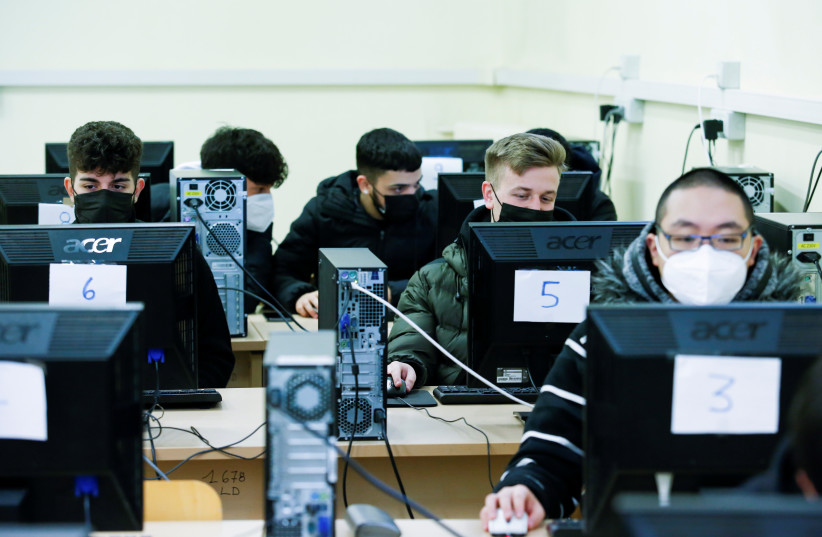A new study of high school students in Malawi shows that, under certain controls, giving students the chance to explore high-quality online sources can boost them educationally. The internet can even be an adequate substitute for textbooks when resources are thin.
In the peer-reviewed study, which was published in the latest issue of Journal of Development Economics, researchers provided Wikipedia access to students at four government-run boarding schools between 2017 and 2018, a period when Malawi, a small country in southeastern Africa, was on the brink of widespread internet implementation. The schools did not have internet access and mobile phones were banned.
According to the authors, students used the online resource broadly and intensively. They found it trustworthy, especially for information about news and safe sex. There was a positive impact on English and biology exam scores, notably among lower-achieving students.

The results indicate that by restricting internet access to a source of engaging and accessible reading material, it is possible to promote independent reading and affect academic outcomes.
